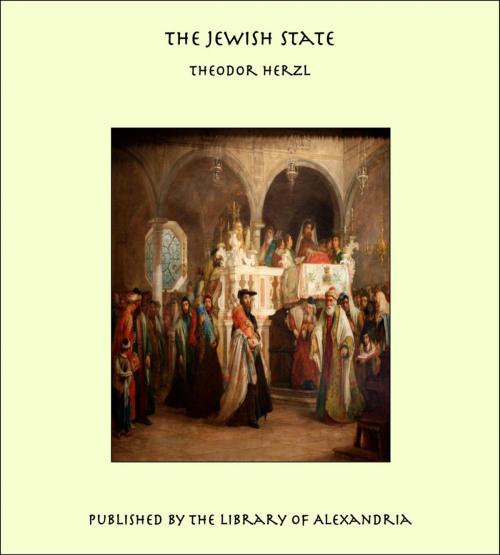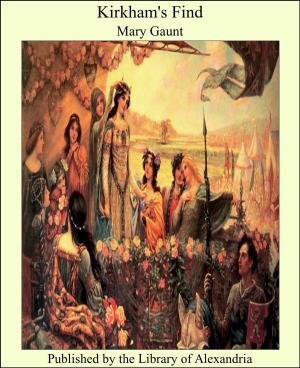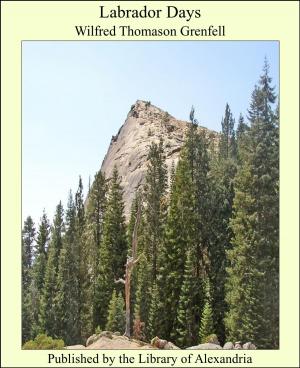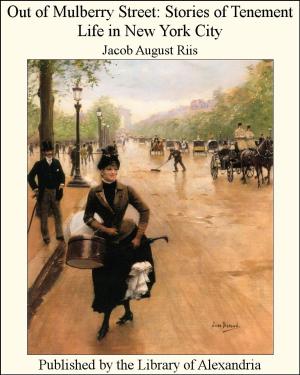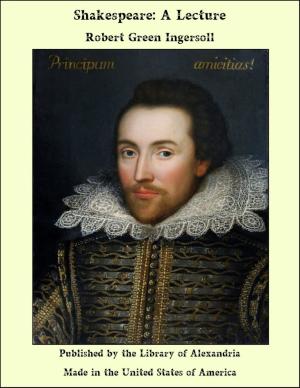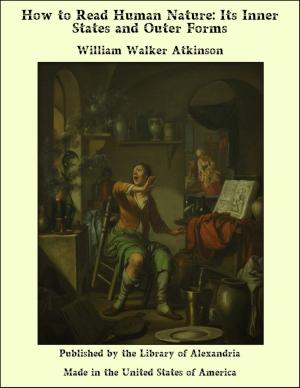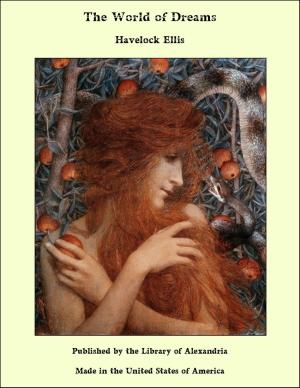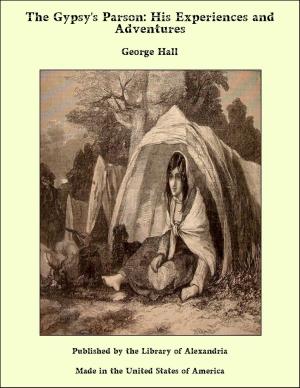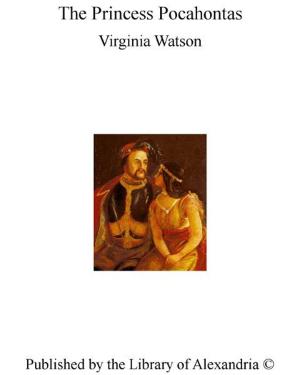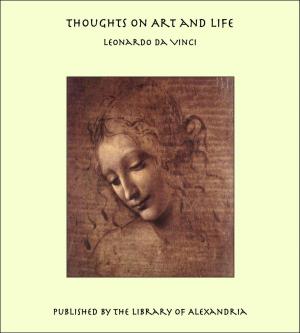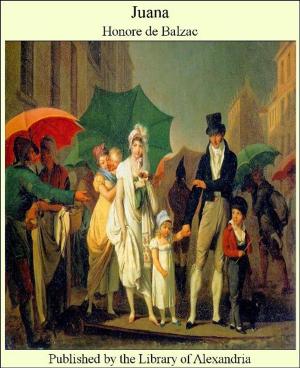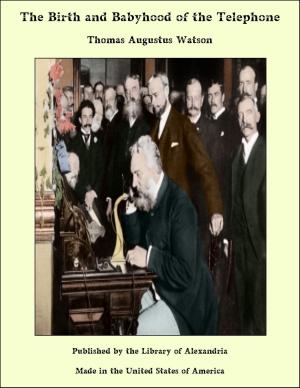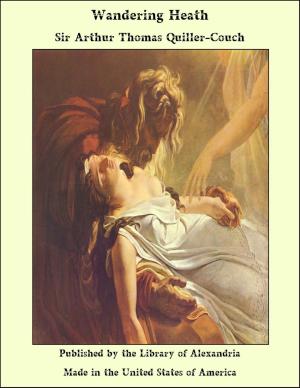| Author: | Theodor Herzl | ISBN: | 9781465551597 |
| Publisher: | Library of Alexandria | Publication: | March 8, 2015 |
| Imprint: | Language: | English |
| Author: | Theodor Herzl |
| ISBN: | 9781465551597 |
| Publisher: | Library of Alexandria |
| Publication: | March 8, 2015 |
| Imprint: | |
| Language: | English |
Then suddenly the storm breaks upon him. The clouds open. The thunder rolls. The lightning flashes about him. A thousand impressions beat upon him at the same time—a gigantic vision. He cannot think; he is unable to move; he can only write; breathless, unreflecting, unable to control himself or to exercise his critical faculties lest he dam the eruption, he dashes down his thoughts on scraps of paper—walking, standing, lying down, on the street, at the table, in the night—as if under unceasing command. So furiously did the cataract of his thoughts rush through him, that he thought he was going out of his mind. He was not working out the idea. The idea was working him out. It would have been an hallucination had it not been so informed by reason from first to last. In fact, it was revised from the moment the Zionist movement was organized on an international basis. The "Society of Jews" became the Zionist Organization, with its statutes, its procedures, its public excitement and controversies. "The Jewish Company" became the Bank; then more specifically, the Jewish Colonial Trust and later the Anglo-Palestine Bank. The description of the Gestor, which appears in the final chapter of the pamphlet, was never referred to again, but in effect it was incorporated in the idea of a state in-the-process-of-becoming. Its legitimate successor is the Jewish Agency referred to in the Mandate for Palestine. He was first led by the idea that the way to the charter was through the Sultan and that the Sultan would be influenced by Kaiser Wilhelm. But both princes failing him, he turned to England and Joseph Chamberlain, and came to the Uganda proposal. This was Herzl's one political success although the project was, in effect, rejected by the Zionist Congress. But this encounter with England was a precedent which led to much speculation in Zionist circles and gave a turn to Zionist thought away from Germany and Turkey. It served to inspire Dr. Chaim Weizman to make his home in England with the express purpose of seeking English sympathy for the Zionist ideal. The successor of Joseph Chamberlain was Arthur James Balfour. When Herzl opened Chamberlain's door, Zionism had an easier access to the England of Balfour. Arrayed in the armor of democracy, the Zionist movement made the self-emancipation ideal of Pinsker live in the soul of Herzl. At a number of Congresses, in his articles in Die Welt, Herzl showed how that idea had become an integral part of his life, although his first thoughts ran in quite another direction. But his analysis of anti-Semitism and how to approach the problem remains true today after Hitler, as it was true then after Dreyfus. This was the authentic revelation that in his last days was fixed in his mind. The homelessness of the Jewish people must come to an end. That tragedy is a world problem. It is to be solved by world statesmanship in cooperation with the reawakened Jewish people. It is to be solved by the establishment of a free Jewish State in their historic Homeland. Herzl manifested his utter identification with the destiny of his own people at the Uganda Congress when he faced the rebellious Russian Zionists, spoke words of consolation to them and gave them assurances of his fealty to Zion. He died a few months later
Then suddenly the storm breaks upon him. The clouds open. The thunder rolls. The lightning flashes about him. A thousand impressions beat upon him at the same time—a gigantic vision. He cannot think; he is unable to move; he can only write; breathless, unreflecting, unable to control himself or to exercise his critical faculties lest he dam the eruption, he dashes down his thoughts on scraps of paper—walking, standing, lying down, on the street, at the table, in the night—as if under unceasing command. So furiously did the cataract of his thoughts rush through him, that he thought he was going out of his mind. He was not working out the idea. The idea was working him out. It would have been an hallucination had it not been so informed by reason from first to last. In fact, it was revised from the moment the Zionist movement was organized on an international basis. The "Society of Jews" became the Zionist Organization, with its statutes, its procedures, its public excitement and controversies. "The Jewish Company" became the Bank; then more specifically, the Jewish Colonial Trust and later the Anglo-Palestine Bank. The description of the Gestor, which appears in the final chapter of the pamphlet, was never referred to again, but in effect it was incorporated in the idea of a state in-the-process-of-becoming. Its legitimate successor is the Jewish Agency referred to in the Mandate for Palestine. He was first led by the idea that the way to the charter was through the Sultan and that the Sultan would be influenced by Kaiser Wilhelm. But both princes failing him, he turned to England and Joseph Chamberlain, and came to the Uganda proposal. This was Herzl's one political success although the project was, in effect, rejected by the Zionist Congress. But this encounter with England was a precedent which led to much speculation in Zionist circles and gave a turn to Zionist thought away from Germany and Turkey. It served to inspire Dr. Chaim Weizman to make his home in England with the express purpose of seeking English sympathy for the Zionist ideal. The successor of Joseph Chamberlain was Arthur James Balfour. When Herzl opened Chamberlain's door, Zionism had an easier access to the England of Balfour. Arrayed in the armor of democracy, the Zionist movement made the self-emancipation ideal of Pinsker live in the soul of Herzl. At a number of Congresses, in his articles in Die Welt, Herzl showed how that idea had become an integral part of his life, although his first thoughts ran in quite another direction. But his analysis of anti-Semitism and how to approach the problem remains true today after Hitler, as it was true then after Dreyfus. This was the authentic revelation that in his last days was fixed in his mind. The homelessness of the Jewish people must come to an end. That tragedy is a world problem. It is to be solved by world statesmanship in cooperation with the reawakened Jewish people. It is to be solved by the establishment of a free Jewish State in their historic Homeland. Herzl manifested his utter identification with the destiny of his own people at the Uganda Congress when he faced the rebellious Russian Zionists, spoke words of consolation to them and gave them assurances of his fealty to Zion. He died a few months later
